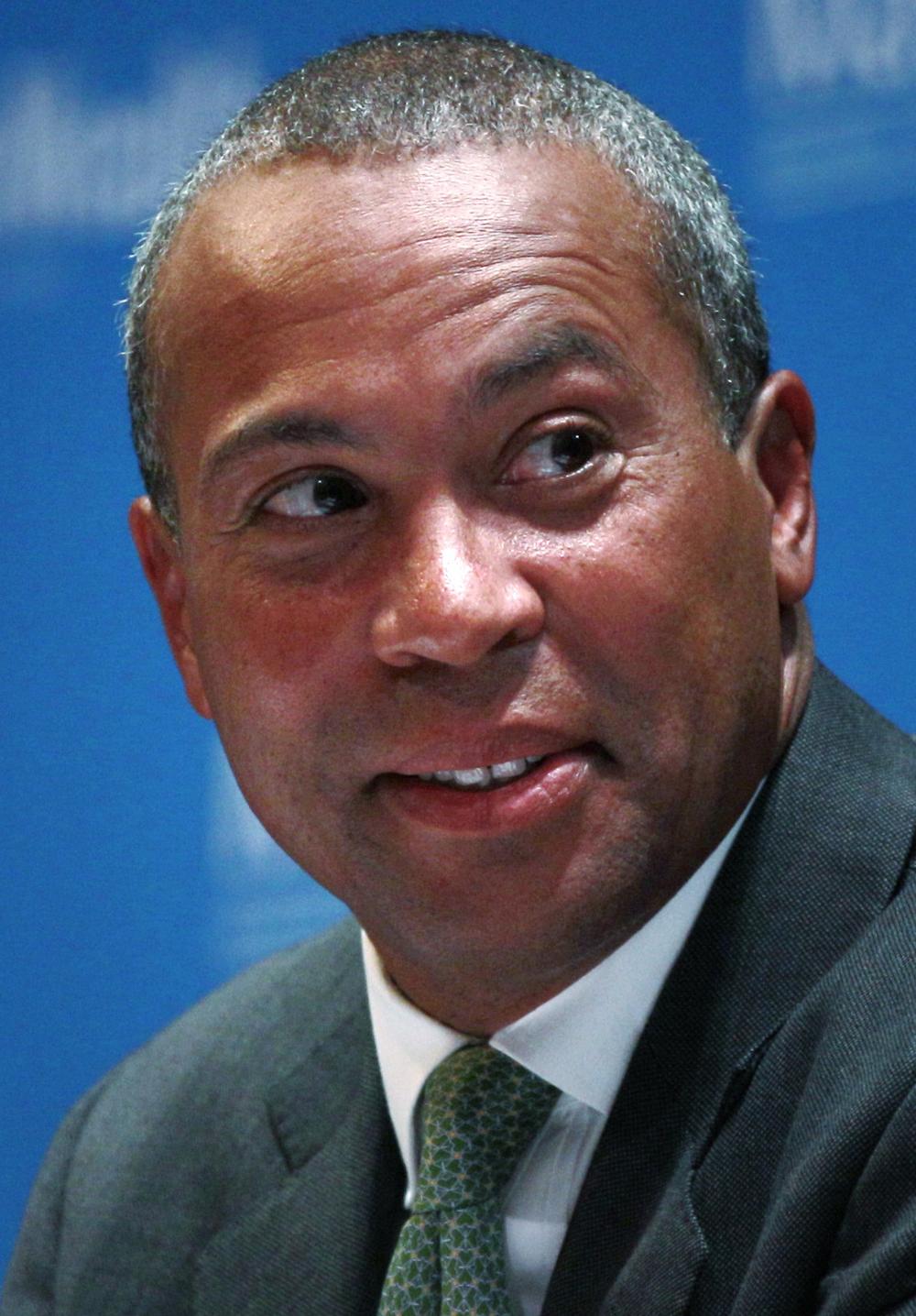Advertisement
Deval Patrick On Mass. Health Reform, Cancer And Cost-Cutting

Gov. Deval Patrick has had plenty of practice at painting a positive picture of Massachusetts health reform. But I see a couple of points that feel fresh to me in his speech this morning to the American Cancer Society in Washington, D.C.
He says that Massachusetts health reform has led to significant improvements in cancer screening:
Among Hispanic males, a notably under-insured population in Massachusetts before health care reform, the detection of testicular cancer has more than doubled and the majority of cases are now detected at an early stage. And with wider access to screenings, we’ve seen a 36% decrease in cervical cancer in women.
Those are the stats. But even better are the stories. I remember meeting a young woman named Jaclyn Michalos, a cancer survivor who got the care she needed to save her life through the Commonwealth Connector, our version of the Exchange. She had no affordable way before Massachusetts’s health care reform – it saved her life.
A self-employed man named Ken Brynildsen ignored his gastrointestinal symptoms for 3 years because he could not afford to see a doctor or pay for possible treatments. Once insured, he was seen and treated for Stage III colon cancer and is cancer free today.
'
[module align="left" width="half" type="pull-quote"]
By using these new tools and new approaches to how we pay for care, we will avoid nearly a billion dollars in cost increases in this fiscal year.'
[/module]
Patrick also calculates that current health care cost control efforts are enabling the state to "avoid nearly a billion dollars in cost increases in this fiscal year and another several hundred million more next year." The wording, as you see, is careful, but the message is clear: Massachusetts is starting to contain health costs.
Advertisement
Readers? Do you agree? Here's an excerpt:
There are a number of strategies we are pursuing, including putting an end to the “fee-for-service” model wherever practicable, to stop paying for the amount of care, and start paying instead for the quality of care. We need to empower doctors to coordinate patient care and to focus on wellness rather than sickness.
Assisted by the Affordable Care Act, more and more providers are piloting medical home or accountable care models that manage wellness for the whole person, and deliver both better care and more cost-effective care.
We are working with the health care community in our state to accelerate this transition to innovative, improved models for delivering health care. In these new models, incentives are realigned to reward integrated care under a more rational price structure that emphasizes wellness and lowers costs for everyone. Blue Cross Blue Shield, one example, has persuaded some of the state's biggest hospitals, and thousands of doctors, to accept "global payment" plans where the provider is paid a fixed amount each month for each patient rather than receive payment for each individual procedure.
In state government, by using these new tools and new approaches to how we pay for care, we will avoid nearly a billion dollars in cost increases in this fiscal year and another several hundred million more next year. Our goal is for integrated, cost-efficient caregiving to predominate throughout Massachusetts by 2015.
Hat-tip to WBUR's Martha Bebinger for passing along the text from the governor's office.
This program aired on February 28, 2012. The audio for this program is not available.
